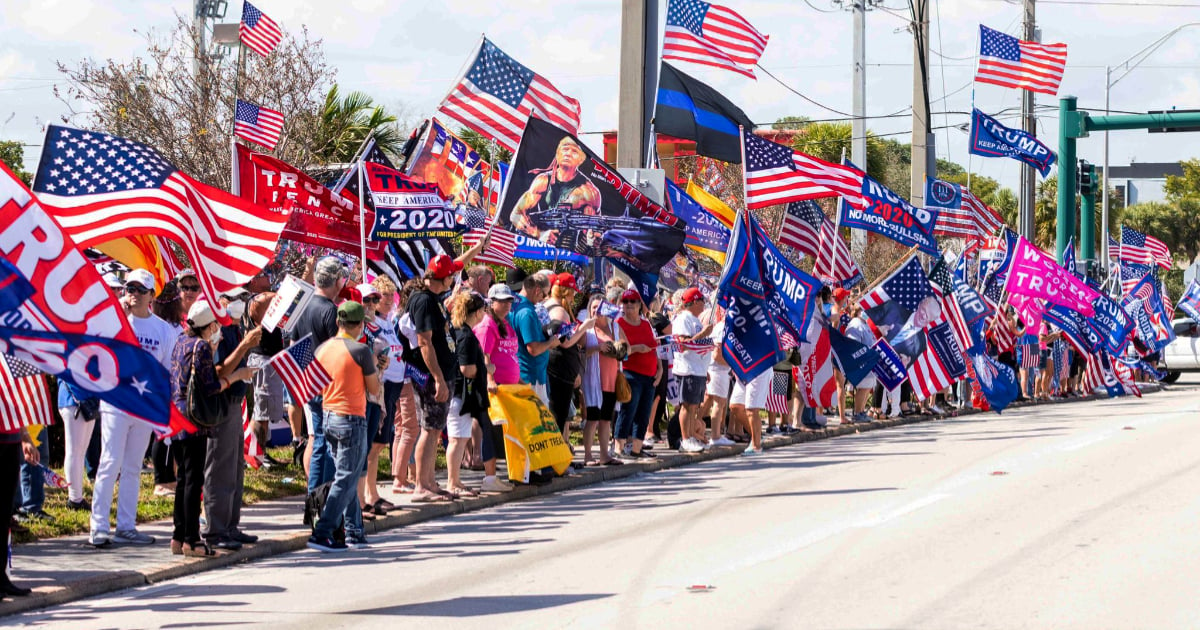In the recent U.S. elections, Cuban-American voters emerged as the sole Hispanic demographic group to predominantly support Donald Trump, contrasting with the broader Latino community that largely backed Kamala Harris. This trend has been observed in previous elections, but this year’s numbers underscore a persistent political preference among Cuban-Americans that sets them apart from other Latino groups. The conservative platform, AF Post, highlighted this trend on social media.
Hispanic Voter Support Breakdown
Post-election data and surveys reveal that 58% of Cuban-Americans voted for Trump, while only 40% supported Harris. Interestingly, Trump's support among Latino groups grew compared to previous elections. Mexican and Puerto Rican voters showed significant backing for the Democratic candidate. Among Mexicans, Harris received 62% of the vote compared to Trump’s 33%, while Puerto Ricans favored Harris 59% to 37% for Trump. Other Hispanic groups, including those from Central and South America, also largely aligned with Harris.
Cuban-Americans form a minority within the U.S. Hispanic population, numbering around 2.6 million, which is less than 1% of the total U.S. population. In contrast, Mexicans make up about 11% of the U.S. population and 60% of the Hispanic population. This demographic distinction highlights each group's relative weight in the electoral landscape and the influence certain blocs can exert in specific states, notably in areas with a high concentration of Cuban voters like South Florida.
Why Cuban-Americans Back Trump
The significant Cuban support for Trump has intrigued analysts and political experts in the U.S. One primary reason is Trump’s stance on the Cuban regime. During his presidency, Trump implemented a series of sanctions and restrictions that rolled back the engagement policies initiated by the Obama administration, aiming to pressure the Cuban government and limit revenue streams to the island.
Furthermore, the Republican Party has effectively utilized an anti-communist narrative that resonates deeply with Cuban-Americans, many of whom fled the socialist regime in Cuba. Trump's rhetoric and firm stance against the Cuban regime reinforced this perception, aligning the Cuban-American community with Republican values of economic freedom and opposition to leftist regimes.
Impact on Future Elections
The Cuban support for Trump and the Republican Party has solidified as a trend with potential implications for future elections, particularly in Florida, a pivotal state in the electoral map. The preference of Cuban voters for the Republican Party could shape political strategies for both parties, with Democrats working to close this gap by focusing on issues like immigration and human rights, while Republicans continue to strengthen their hardline message against leftist regimes in Latin America.
This pattern highlights the diversity within the Hispanic community in the United States and underscores that there is no monolithic Latino vote. The political alignment between Cuban-Americans and Republicans could be a decisive factor in upcoming elections, even as the Democratic Party seeks to broaden its appeal among other Hispanic groups across the nation.
